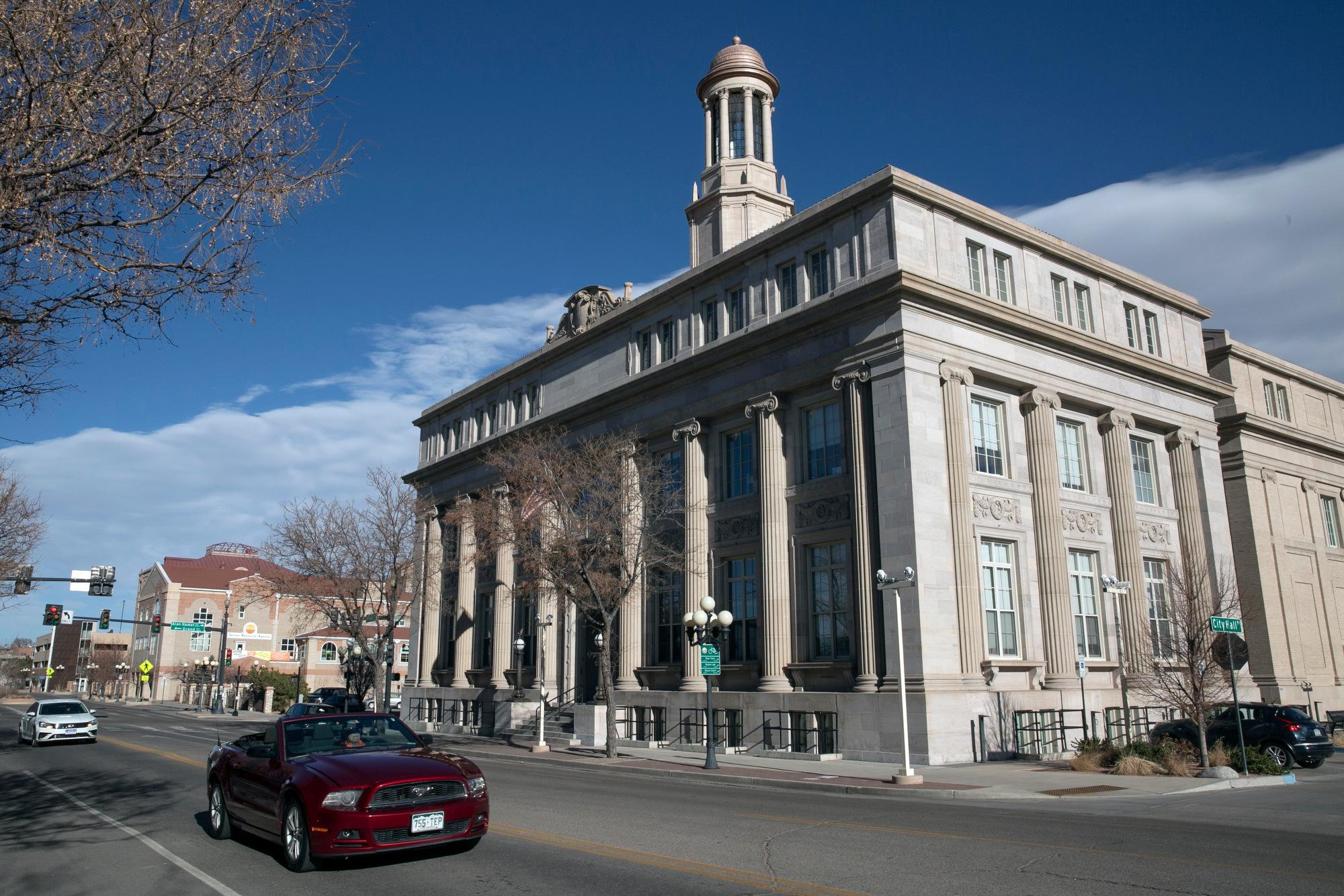
It's a little easier for oil and gas operators to drill near Project Rulison, the site of an underground atomic bomb explosion in western Colorado. The Colorado Oil & Gas Conservation Commission has reduced the area where water and gas produced from wells must be tested for radioactive material, and eliminated requirements for testing ground and surface water.
In 1969, the Atomic Energy Commission detonated a 40-kiloton nuclear bomb underground near the community of Rulison, Colorado, about eight miles southeast of Parachute on Colorado's Western Slope. The goal was to release natural gas for collection, part of the federal government’s “Operation Plowshare,” to find peacetime uses for nuclear technology. Gas was released but it was radioactive and the effort was abandoned.
Over time, drilling for natural gas has crept closer to the blast site. The state commission says the changes to the Rulison Sampling and Analysis Plan are warranted because decades of testing data have not shown elevated levels of radioactivity. Some community members worry, though, that relaxed standards could lead to a serious health danger. Emily Hornback of the Western Colorado Congress spoke with Colorado Matters host Ryan Warner.









